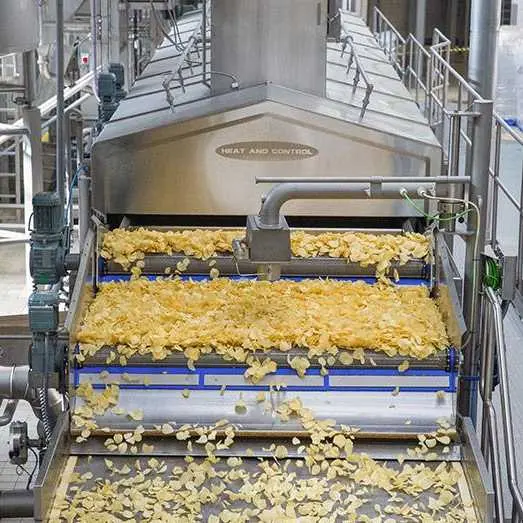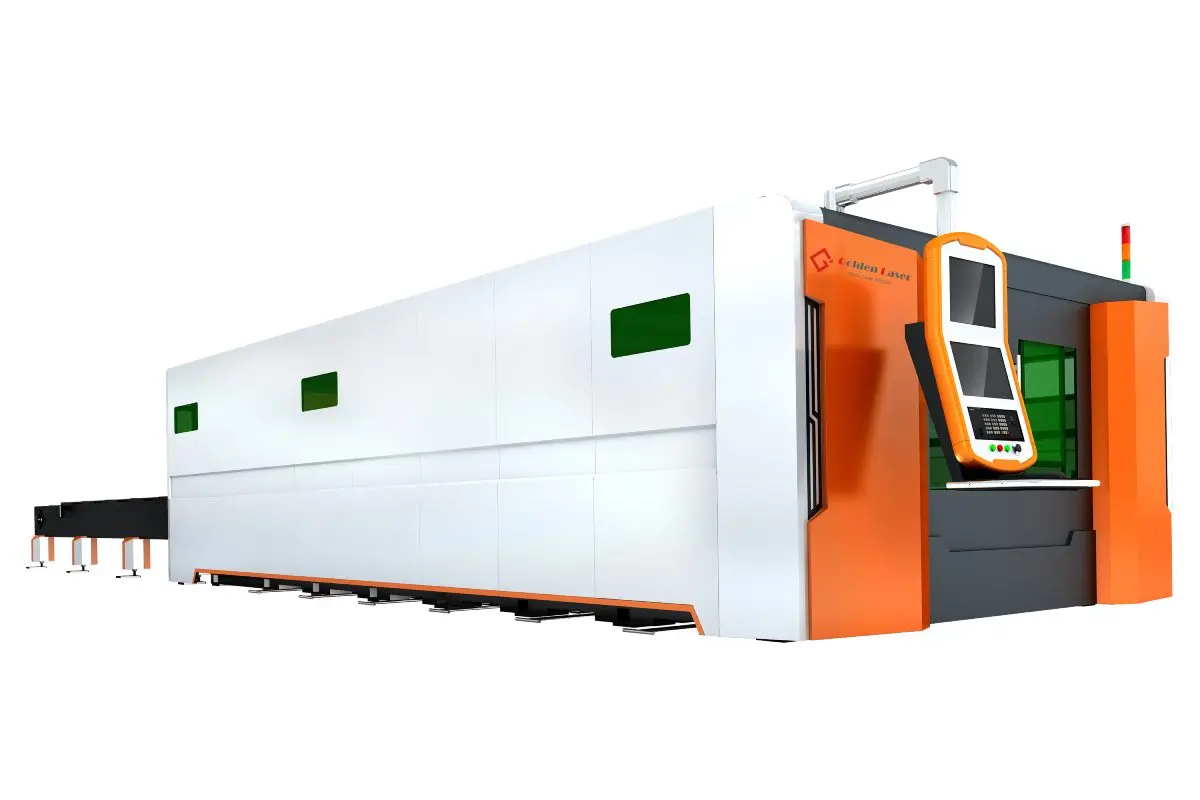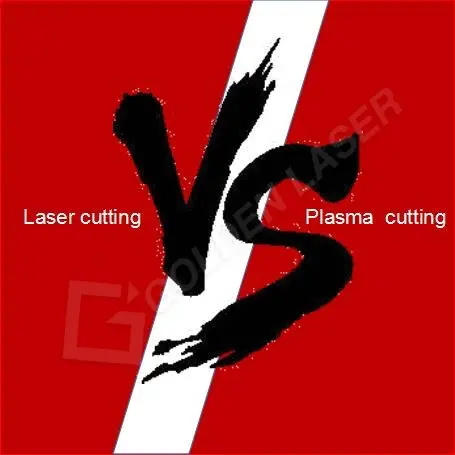****

Unveiling the Advantages of Fiber Metal Laser Cutting Technology: Transforming Precision, Efficiency, and Cost-Effectiveness in Manufacturing
In the fast-evolving landscape of manufacturing, businesses continually seek innovative methods to improve production processes and enhance product quality. Among the advancements that have gained substantial traction in recent years is Fiber Metal Laser Cutting technology. This cutting-edge technique offers remarkable precision and efficiency, revolutionizing how materials, particularly metals, are processed. In this article, we delve into the features, benefits, and applications of Fiber Metal Laser Cutting, highlighting its transformative impact on the manufacturing sector.
**Understanding Fiber Metal Laser Cutting**
Fiber Metal Laser Cutting utilizes a high-powered laser beam generated through a fiber optic cable, allowing for precise cutting of various metals, including stainless steel, aluminum, and carbon steel. The laser beam effectively melts or vaporizes the material, achieving clean cuts with minimal waste. This technology is a significant advancement from traditional cutting methods, such as CO2 lasers, providing higher efficiency and reduced operational costs.
**The Benefits of Fiber Metal Laser Cutting**
1. **Exceptional Precision and Accuracy**
One of the defining features of Fiber Metal Laser Cutting is its remarkable precision. With a focused laser beam, manufacturers can achieve intricate designs and tight tolerances that were previously challenging with mechanical cutting methods. This precision is vital in industries where detail is crucial, such as aerospace, automotive, and electronics. The ability to produce complex shapes without compromising quality allows manufacturers to push the boundaries of design.
2. **Increased Cutting Speed**
Speed is a critical factor in manufacturing, and Fiber Metal Laser Cutting excels in this area. The technology is designed for high-speed operations, significantly reducing the time taken to cut materials compared to traditional methods. This quick turnaround time translates to increased productivity, enabling manufacturers to meet tight deadlines while managing larger production volumes.
3. **Material Versatility**
Fiber Metal Laser Cutting is not limited to a specific type of metal; it can effectively cut a range of materials, including various alloys and thicknesses. This versatility makes it an essential tool for manufacturers who work with multiple materials in their products. Whether dealing with thin sheets or heavier metal components, the adaptability of fiber lasers caters to diverse requirements.

Unveiling the Advantages of Fiber Metal Laser Cutting Technology: Transforming Precision, Efficiency, and Cost-Effectiveness in Manufacturing

Unveiling the Advantages of Fiber Metal Laser Cutting Technology: Transforming Precision, Efficiency, and Cost-Effectiveness in Manufacturing
4. **Lower Operational Costs**
Despite the initial investment in Fiber Metal Laser Cutting machinery, the long-term cost benefits are substantial. The efficiency of the process reduces energy consumption and minimizes material waste, driving down overall operational costs. Additionally, the reduced need for secondary processing and post-cutting finishing further enhances cost-effectiveness, making this technology an attractive option for manufacturers.
5. **Improved Safety and Reduced Noise Levels**
Safety is a paramount concern in manufacturing environments. Fiber Metal Laser Cutting produces less noise compared to mechanical cutting methods, creating a more pleasant working situation for employees. Additionally, the non-contact nature of laser cutting reduces the risk of accidents associated with physical cutting tools, ensuring a safer workplace.
**Applications across Industries**
The advantages of Fiber Metal Laser Cutting have led to its adoption across various industries. In the **automotive sector**, it’s used for producing parts such as brackets, panels, and components that require high precision. The **aerospace industry** benefits from its ability to create intricate designs while adhering to strict weight and performance requirements. Additionally, the technology finds applications in **electronics manufacturing**, producing printed circuit boards and enclosures with fine tolerances.
**Challenges and Future Developments**
Despite its benefits, Fiber Metal Laser Cutting is not without challenges. Factors such as the initial cost of machinery and the need for skilled operators can be barriers for some manufacturers. However, as technology continues to evolve, advancements in automation and user-friendly controls are likely to mitigate these issues.
In conclusion, Fiber Metal Laser Cutting technology represents a significant leap forward in manufacturing capabilities. With exceptional precision, speed, and cost-effectiveness, it is transforming how industries produce metal components. As this technology continues to evolve, we can anticipate even greater innovations that will shape the future of manufacturing, making it more efficient and responsive to market demands. Embracing Fiber Metal Laser Cutting not only enhances production capacity but also sets the stage for a new era of manufacturing excellence. 6000w Cutting Machine For Metal Furniture



